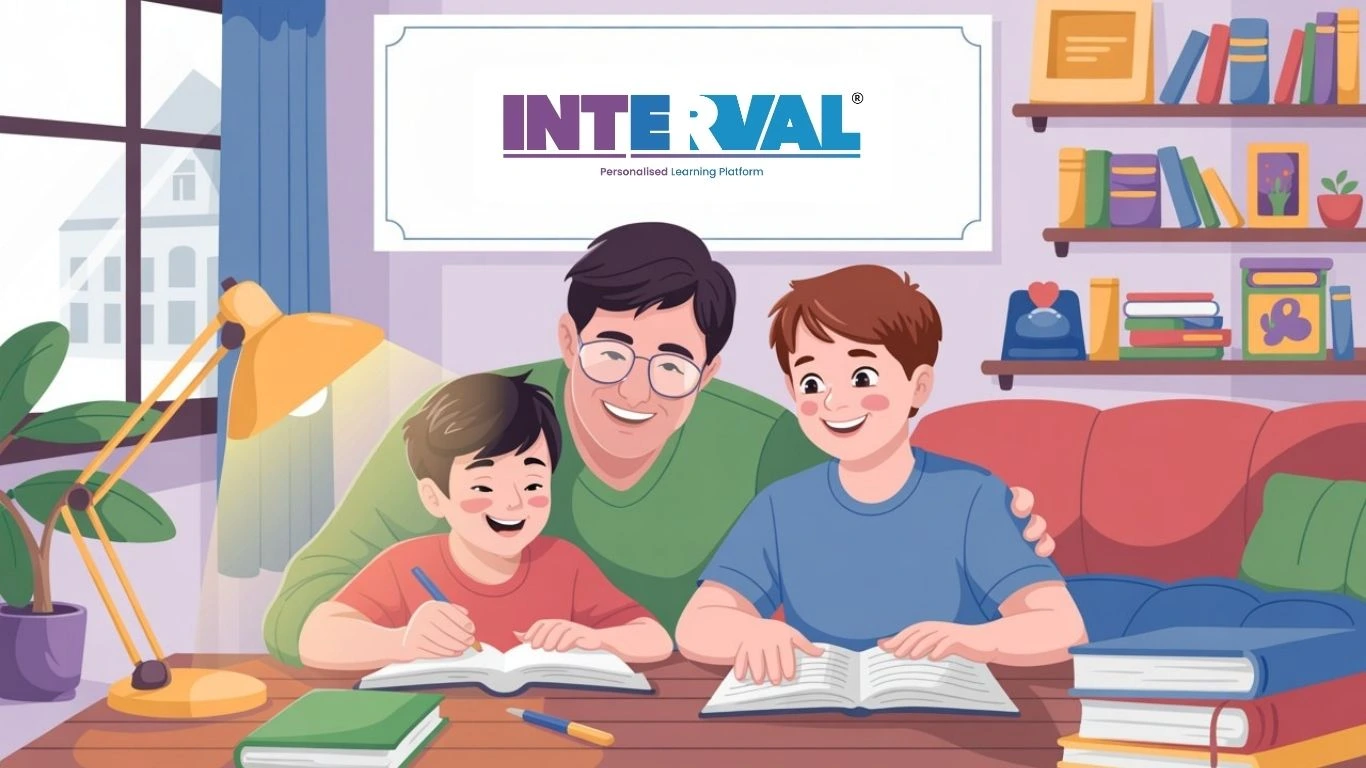How to Improve the Academic Performance of Weak Students: A Parent’s Step-by-Step Guide




Every child learns differently. Some pick up concepts quickly, while others need more time, practice, and support. If your child is struggling academically, you are not alone. Many parents go through this phase and wonder what they can do to help.
The good news is that with the right steps, encouragement, and guidance, children can overcome academic difficulties and perform much better.
This blog gives you a simple, practical step-by-step guide to help weak students improve their academic performance and learning development. Whether your child is in primary school or high school, these tips will help you support them with care and confidence.

Before finding solutions, it's important to understand what exactly is holding your child back. The problem may not always be academic.
Children learn best in a calm and structured setting. A cluttered or noisy environment makes it harder for them to concentrate.
Many children feel overwhelmed when they are expected to perform too much too soon. Setting clear, small goals can make learning feel manageable.
Each child has a different learning style. When the method suits the learner, the result is always better.
Interactive and engaging tools can make even boring topics interesting and easier to grasp.
One-time learning is not enough. Regular revision helps in retaining information.
Children thrive on encouragement. Avoid scolding or comparing them with others, as this often makes things worse.
Sometimes, you may need outside support, and that’s okay.
Teach your child that intelligence and talent can grow with effort. This simple belief builds resilience.
Good performance comes from a healthy mind and body.
Step | Parent’s Action Example |
| Identify the problem | Talk to child, consult teachers, observe study habits |
| Set up study routine | Create a daily schedule and quiet study space |
| Personalize learning | Use visual aids, apps, and hands-on tools |
| Practice and revision | Solve extra questions, revise daily, use flashcards |
| Encourage and motivate | Praise effort, celebrate wins, avoid criticism |
| Seek help if needed | Hire tutor, use school resources, join study groups |
| Monitor and adjust | Track weekly progress and change methods if needed |
Even after a good routine is set, some topics or subjects may still be tough for your child. This is where a tailored approach works best.
Step | Example Action |
| Identify Weakness | Review math test to find confusion with fractions |
| Set Goal | Learn fraction basics in 2 weeks |
| Choose Method | Use online games, fraction tiles, 20 mins daily practice |
| Monitor Progress | Weekly practice quiz to check improvement |
| Adjust Approach | Add peer study if solo practice is not enough |
While parents are vital in supporting learning at home, teachers also play a big role. A good teacher action plan can accelerate a child’s academic recovery.
Motivation building: Praise efforts and improvements, however small
Every parent wants their child to improve in studies without stress or confusion. That’s exactly what our Foundation Program offers. With expert tutors and personal attention, we help students in Classes 1 to 10 build strong skills in subjects like English, Math, Hindi, Malayalam, Arabic, and French.
Want to know why more families trust us every year?
Read why parents choose Interval Learning’s Foundation Program for their kids
At Interval Learning, we understand that every student has a unique learning journey. That’s why our approach is specially designed to help struggling students succeed.
Helping a weak student improve in academics isn’t about pressure; it’s about the right guidance. With empathy, structure, and consistent encouragement, every child can succeed. As a parent, your support makes the biggest difference.
At Interval Learning, we’re here to support that journey with you. Whether it’s a foundation course or regular academic tuition, we believe that no child should be left behind.
If your child is struggling in school, don’t wait. The right support at the right time can change everything.
Join our Foundation Program at Interval Learning, designed specially for students who need personal attention, regular feedback, and confidence-building learning.
Book a demo session today and see how we can help your child grow.
Start by talking to your child and their teachers. Try to understand the root causes before jumping into extra tuition or changes.
Create a calm, supportive environment. Set small goals, praise effort, and make learning fun through games or apps.
Interval Learning offers personalized, one-on-one sessions based on diagnostic assessments. We don’t follow a one-size-fits-all model. Each child gets what they actually need.
This is common. Our one-on-one setup allows students to ask questions without fear or hesitation.
No. We also offer programs in communication, emotional wellbeing, and foundational life skills that support overall development.